On July 1, 2021, the “Grading Standards” were unveiled to the global international Chinese teaching community by the National Language Working Committee of the Ministry of Education of China. This release has garnered significant interest and attention worldwide.
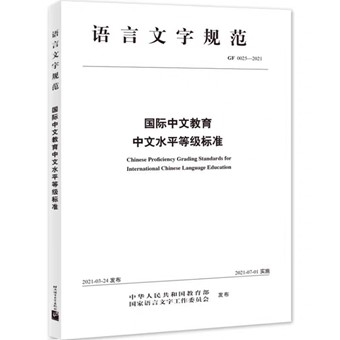
In order to provide Chinese language teachers in Singapore and Malaysia with an opportunity to analyse and discuss the “Grading Standards”, and help its application in practical teaching, the Singapore Crestar HSK Education and Assessment Centre successfully held the first overseas offline thematic workshop, titled “Special Training for Teacher’s Teaching Ability Enhancement under the Guidance of Grading Standards” on November 18th (Saturday) and 19th (Sunday), 2023. The event is organized with the collaboration and support of the Centre for Language Education and Cooperation.
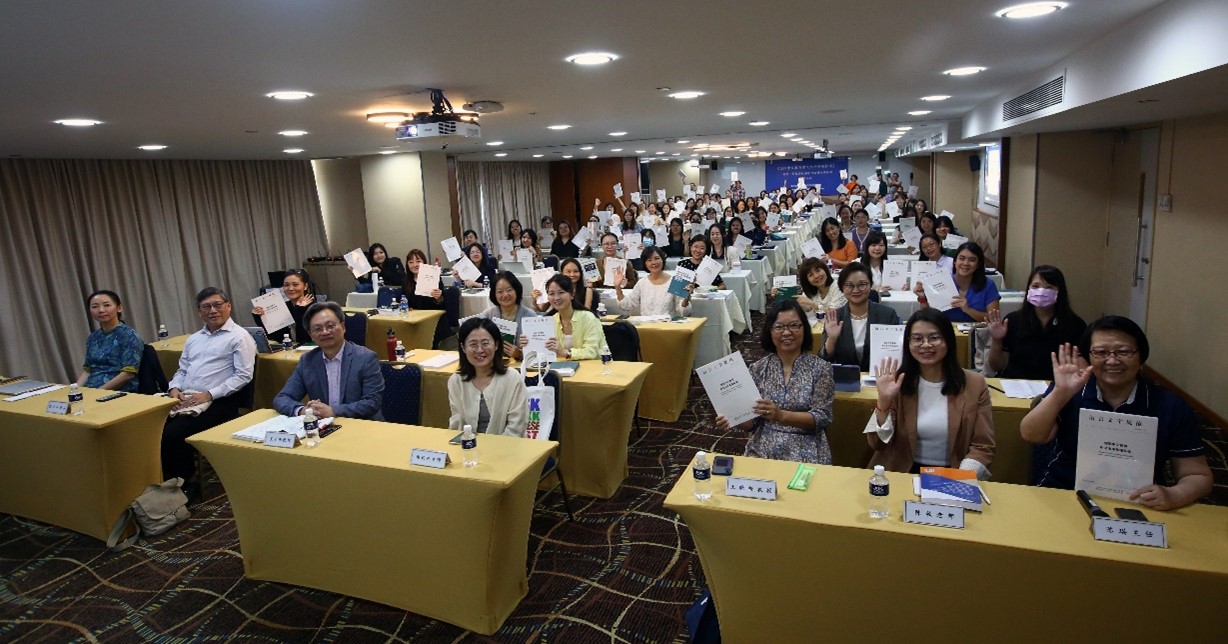
The students teachers at the training site were filled with enthusiasm.
Renowned experts from China, Singapore, and Malaysia were invited to this workshop to discuss and exchange insights on the “Grading Standards”. Speakers also shared their analysis on the relevance and significance of these standards as a reference guide for Chinese language curriculum in international primary and secondary schools in Singapore and Malaysia, Malaysian Chinese primary school textbooks, and the International Baccalaureate (IB) Chinese assessment in international schools. This event attracted over 100 local Chinese language teachers from Singapore and Malaysia, who participated actively.
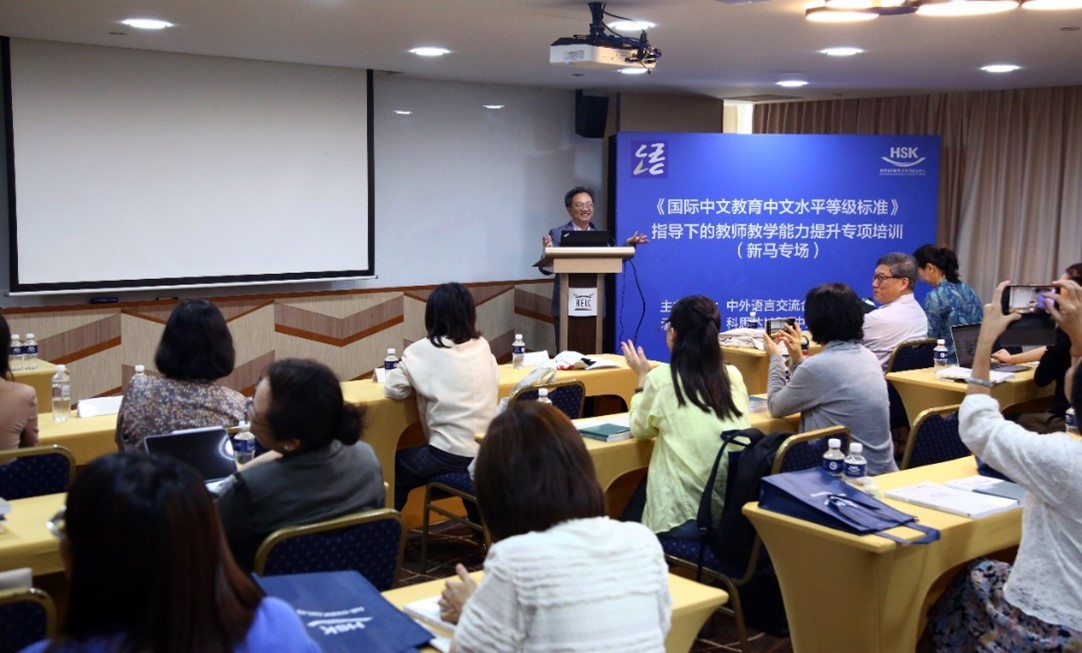
Professor Wu Zhongwei from Fudan University provided a detailed interpretation of the development process, research concept, and application in teaching of the “Grading Standards”. He shared a comparative analysis of the “Grading Standards” with language proficiency standards in countries like Europe, US etc., in terms of grading, skill requirements, and ability descriptions, as well as case-based teaching. This helped the participating teachers to systematically understand the new standards and requirements pose on teachers’ teaching abilities.
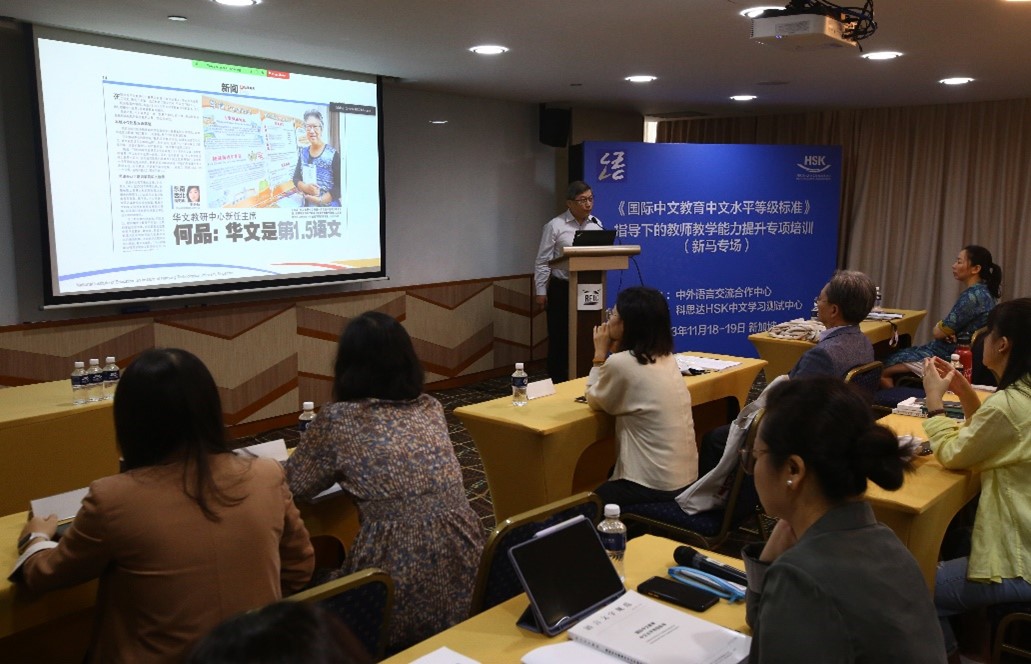
Dr. Ong Liang Ping from the National Institute of Education at Nanyang Technological University made an in-depth analysis of the “Chinese Proficiency Grading Standards in International Chinese Education” as a relevant reference for Chinese language curriculum and assessment in primary and secondary schools in Singapore.
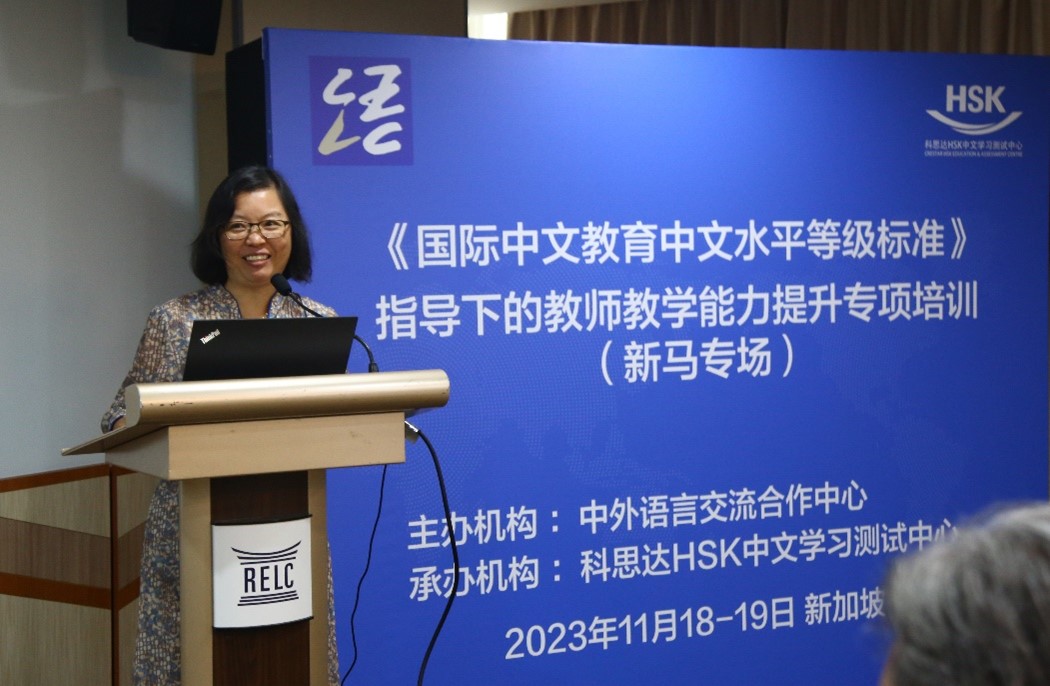
Professor Wang Xiaomei, the head of the Chinese Department at Xiamen University Malaysia Branch, analysed and compared the relevant connection between the “Grading Standards” and the teaching materials used in Chinese primary schools in Malaysia.
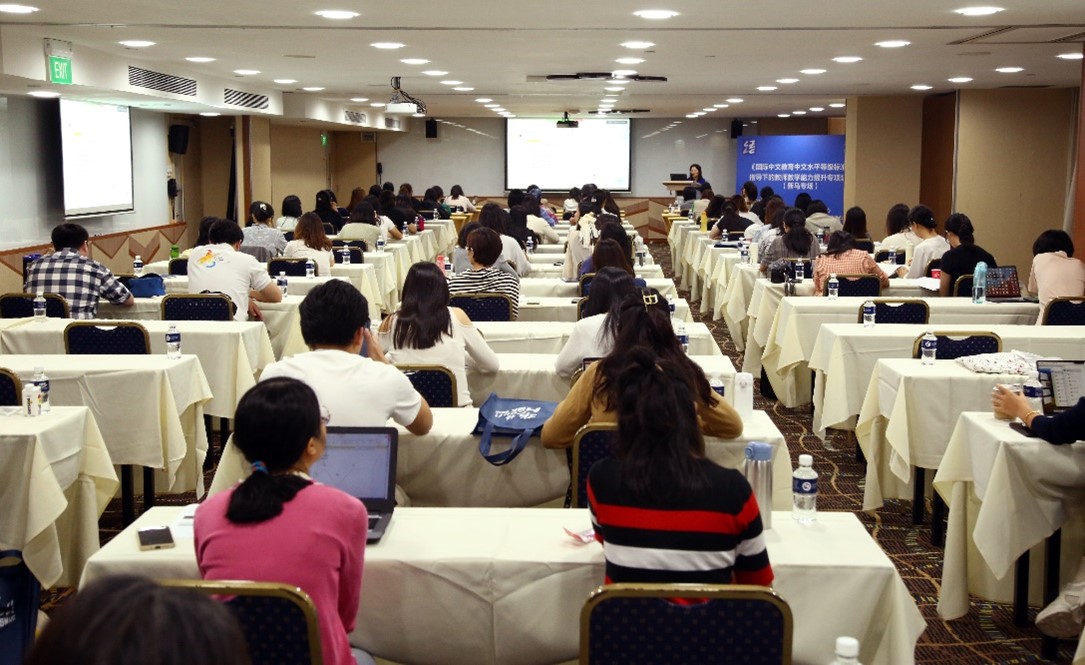
Manager Jie Nini from the International Examination Department of HanKao, Beijing, started her speech by discussing Chinese language teaching tests and HSK examination reforms based on the guidance provided in the “Grading Standards”.
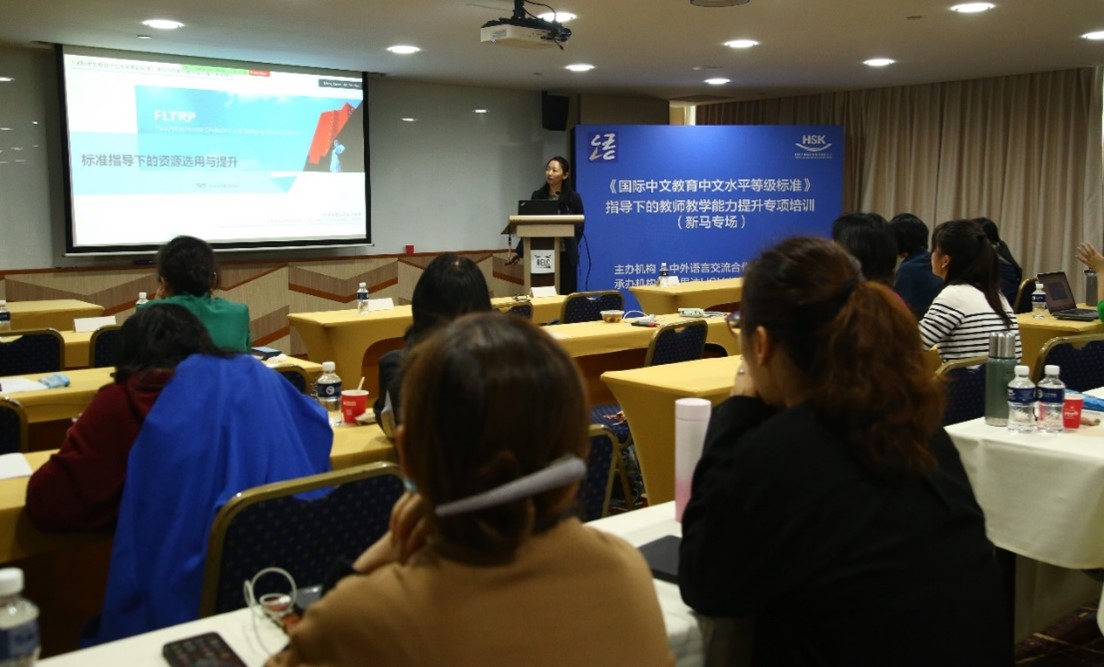
With reference to the new standards for research and development of teaching resources, Deputy Editor-in-Chief Ju Hui from the Foreign Language Research and Teaching Publishing House Beijing, shared her experience on the development trend of various proficiency grading resources.
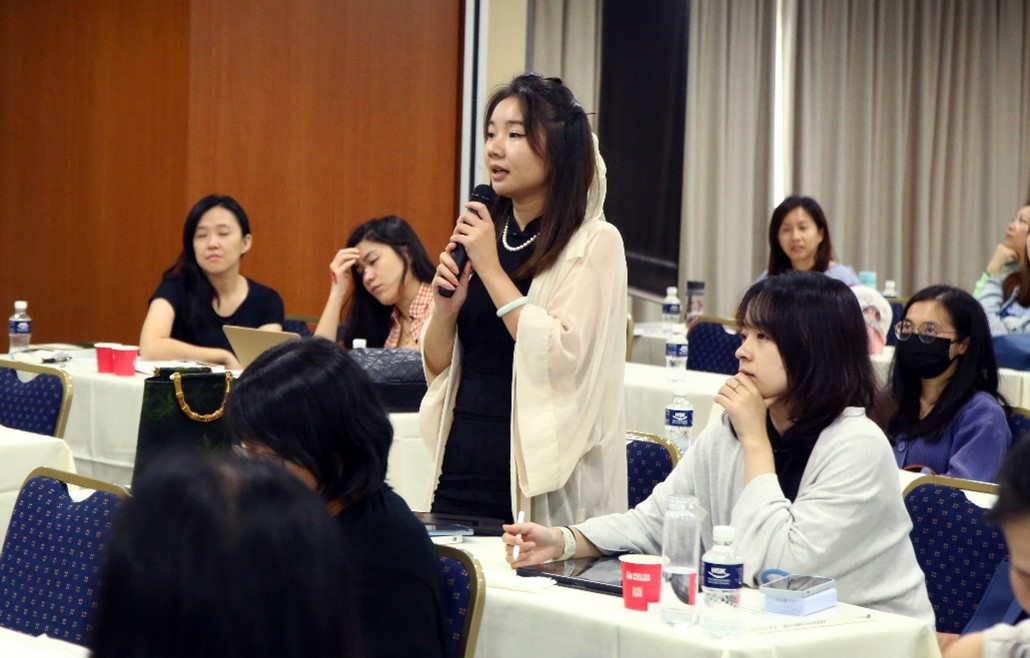
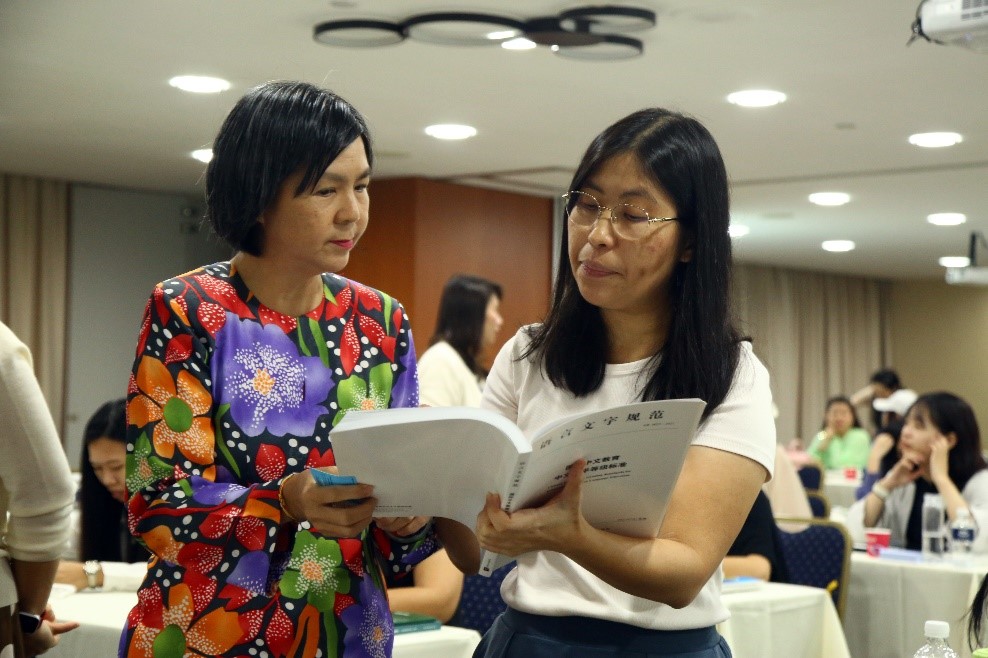
During the two-day training, the teachers actively participated and engaged in interactive learning and discussions. Crestar HSK Education and Assessment Centre believes that this training session introduced positively the “Grading Standards” guide as an useful reference for Chinese language teachers in Singapore and Malaysia. This teaching resource will also support the development of Chinese language teaching on a global scale.

